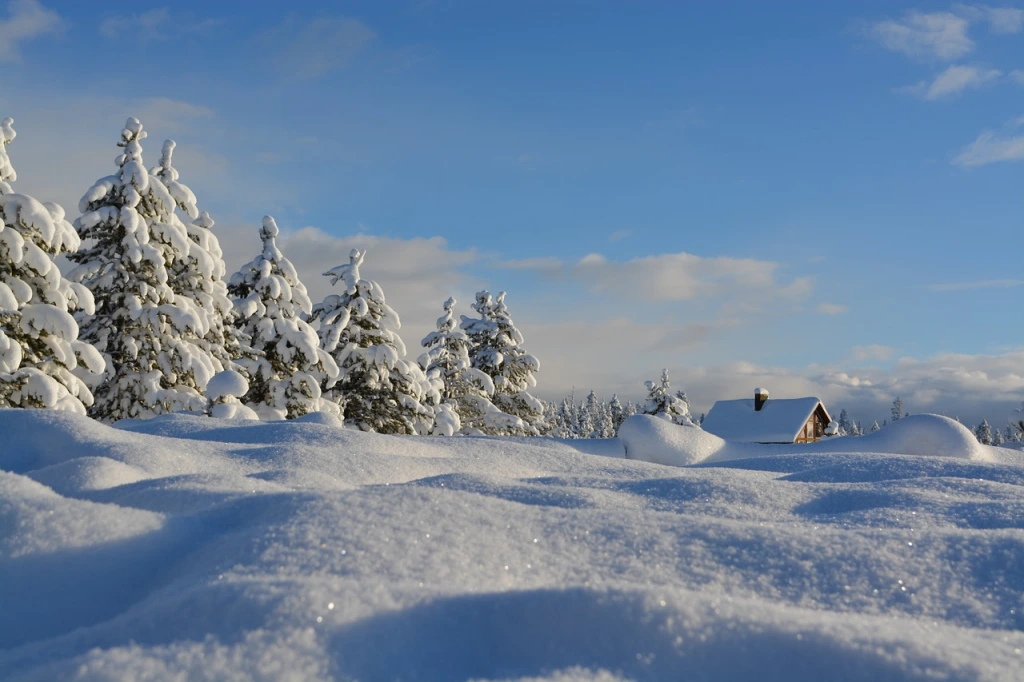A snowy lodging, Furong Mountain, my host
In the twilight, the ashen gray mountains are far away
The day is cold, my hut snowy white.
At the wooden door, I hear the dog bark,
Amid the wind and snowy night, someone returns.
雪夜宿芙蓉山主人
日 暮 苍 山 远,
天 寒 白 屋 贫
柴 门 闻 犬 吠,
风 雪 夜 归 人

Xuě yè sù fúróng shān zhǔrén
rìmù cāngshān yuǎn,
tiān hán bái wū pín
cháimén wén quǎnfèi,
fēng xuě yè guī rén
Around the age of 70, our poet Liu Changqing (刘长卿, Liú Zhǎngqīng, circa 709–786), was appointed governor of Siuzhou in Henan province.
Furong Mountain (芙蓉山, Fúróng shān, literally Hibiscus Mountain) is found in Henan province. Puji Temple, a Buddhist temple is located at the very top of the mountain. Apparently, lodging was provided for visitors like Liu Changqing.
Isn’t it Pedantic?
My wife says I overthink things. My daughter says I obsess on trivial detail. And sometimes, we one relies on the possibly apocryphal statement by Sigmund Freud that sometimes, “A cigar is just a cigar.”
Still one tries to suck all the marrow from the bone, to find meaning that is not at first apparent, sometimes projecting thoughts never intended. But isn’t that the intent of poetry. It is a word picture and work of art. If any good, evoking feelings and emotions.
Our poet finds himself in a snow covered hut on Furong Mountain along with his dog. It is not his lodging for we learn in the last line that someone, the rightful owner, returns ( 人 归 ) as the wind howls, the snow blows, in the darkness of night (风 雪 夜 ).
Who is the owner and how will the trespassing Liu be greeted? Is not the mountain the true host (主人) ?












